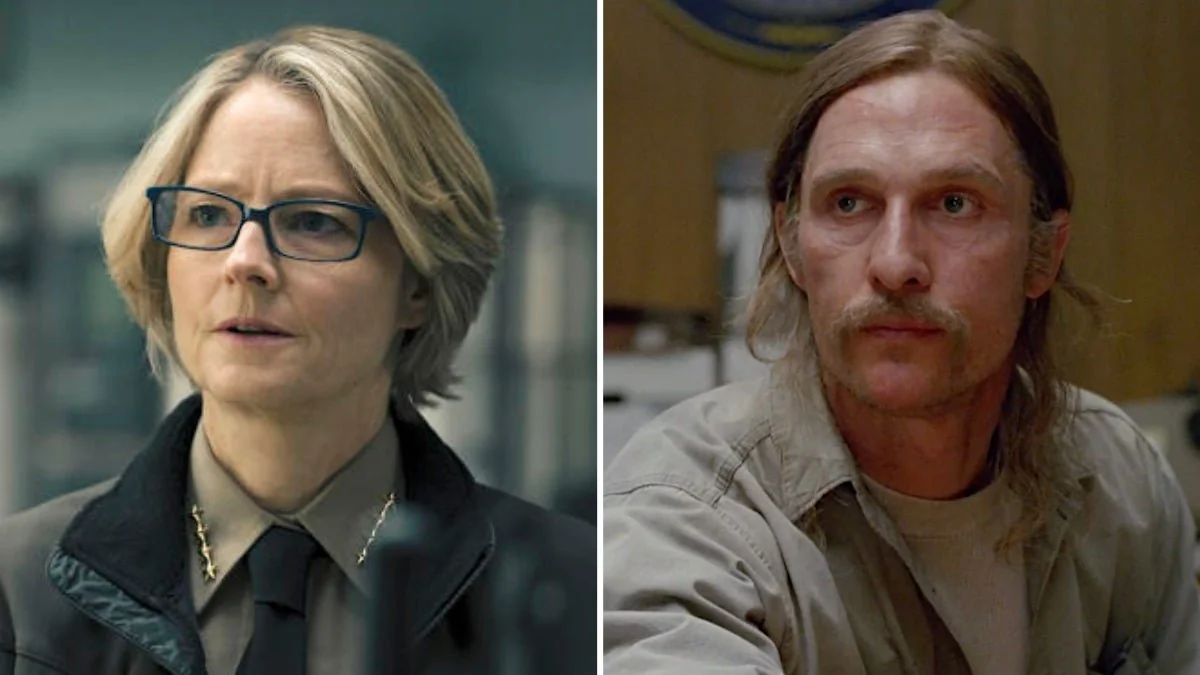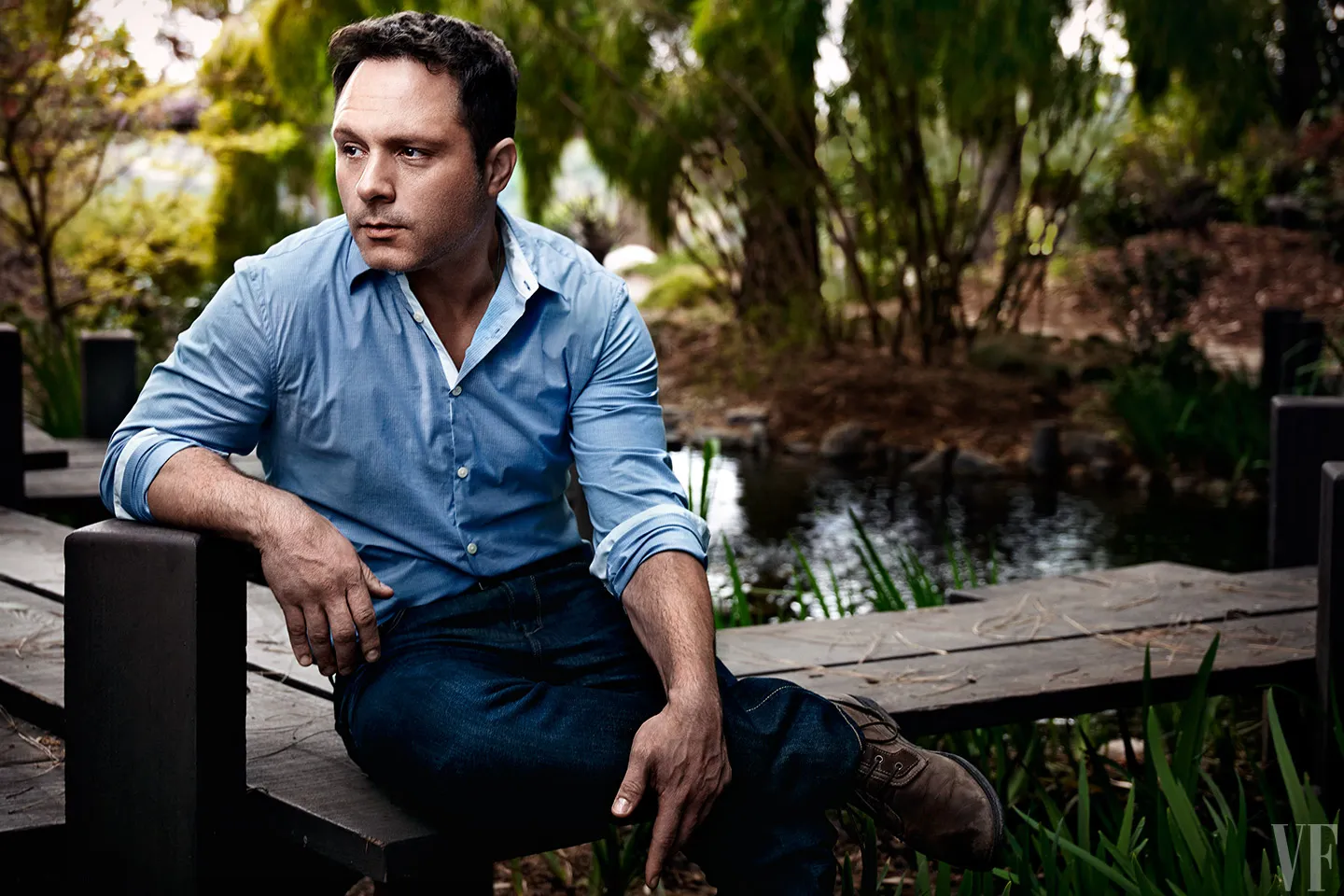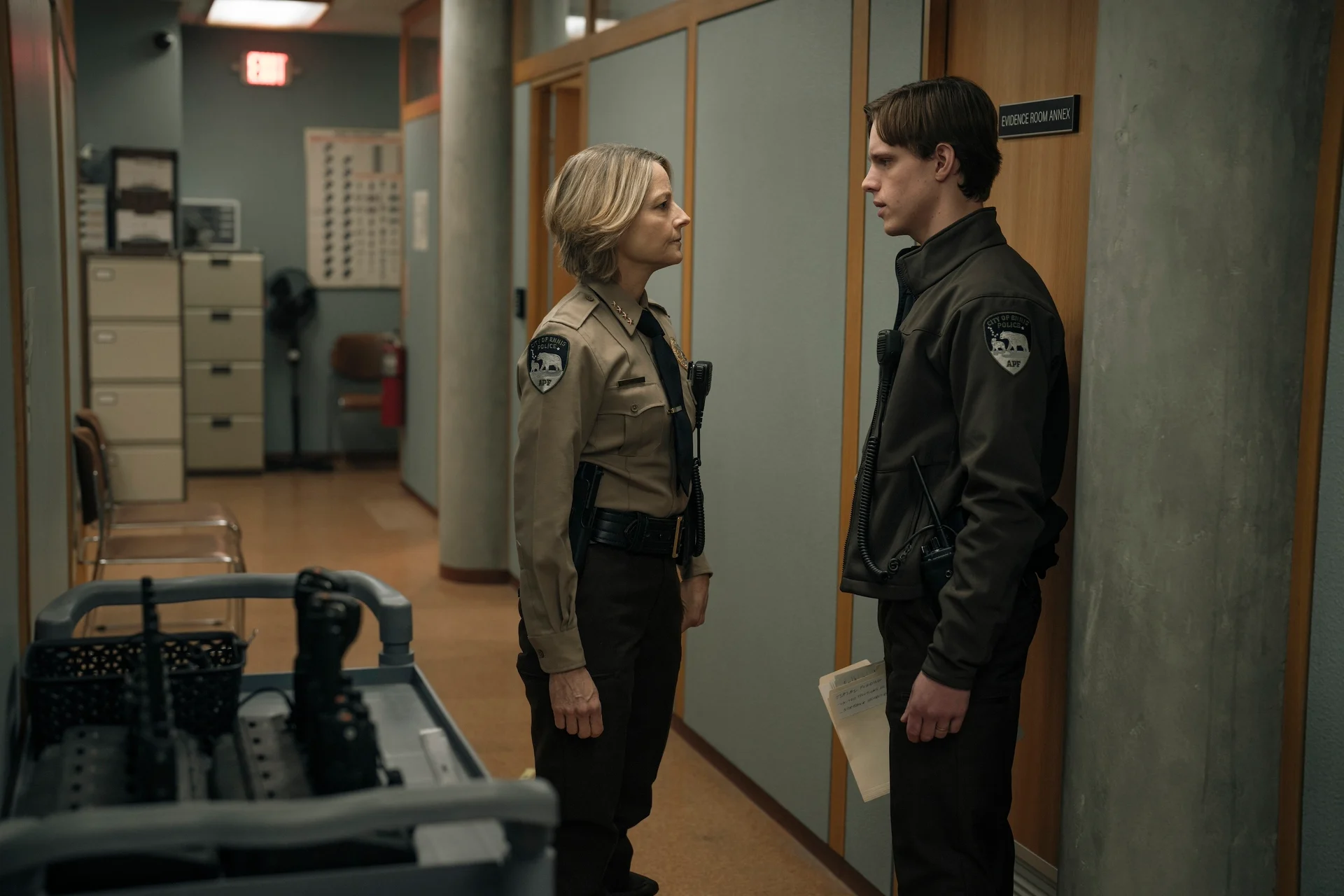True Detective: Night Country recently concluded, sparking a significant divide among its viewers. This latest season, steering away from its predecessors under the guidance of new showrunner Issa López, embarked on a journey that intertwined familiar narrative elements with fresh, bold twists.
The show’s divisive ending has become a hot topic, raising questions about creative decisions, narrative coherence, and audience expectations. This article delves into the intricate tapestry of Night Country, examining why its conclusion has been a subject of much debate.

True Detective: Night Country’s Bold New Direction
Under Issa López’s stewardship, True Detective: Night Country veered into uncharted territories. The introduction of a duo of female law enforcement officers marked a significant departure from the series’ traditional male-centric narratives. This season’s foray into combining crime-solving with supernatural elements further distinguished it from its predecessors. However, it’s this very deviation that has polarized audiences and critics alike.
True Detective: Night Country’s ending, explained https://t.co/cXr7u1hszf
— Christopher (@Sug8rbe8r) February 19, 2024
The narrative pivot was risky, yet it seemed to pay off, at least in terms of viewership. Season four emerged as the most-watched iteration of the franchise, drawing more than 12 million viewers per episode. Despite these numbers, the season’s ending left a segment of the audience dissatisfied, questioning the coherence and necessity of linking the plot so closely with the series’ first season.
The Ties That Bind and Divide
One of the core criticisms revolves around the attempt to connect Night Country with the series’ inaugural season. References to characters and symbols from the past felt forced to some viewers, undermining the season’s unique identity. This choice has been contentious, with debates over whether such connections enriched the narrative or served as unnecessary distractions.

Nic Pizzolatto, the original creator of True Detective, expressed his displeasure with the direction of Night Country, highlighting a rift not only among fans but also within the creative team. His public criticisms added fuel to the fire, deepening the divide within the True Detective community.
The Supernatural Element: A Double-Edged Sword
True Detective: Night Country‘s flirtation with the supernatural was a bold narrative choice that ultimately split its audience. The season’s use of horror elements, while initially intriguing, led to a finale that some felt betrayed the series’ grounded roots. The resolution of the supernatural aspects left viewers divided, with some appreciating the audacity of the narrative shift, while others lamented what they perceived as a departure from the series’ core strengths.
Unanswered Questions and Unresolved Debates
The finale of True Detective: Night Country has been criticized for leaving several questions unanswered, contributing to its divisive reception. While some viewers appreciate the open-endedness, others feel it undermines the narrative’s cohesion. The debate over the necessity and execution of the season’s ending underscores a broader discussion about the expectations for serialized storytelling in the age of peak TV.

Looking Forward
Despite the controversy, True Detective: Night Country has been renewed for a fifth season, promising new directions under López’s continued guidance. The anticipation for what lies ahead is palpable, with fans and critics alike curious to see how the series will evolve.
The divisive reception of True Detective: Night Country’s finale speaks to the challenges and opportunities of storytelling in today’s television landscape. As the series moves forward, it remains to be seen how it will reconcile the expectations of its diverse fanbase with its creative ambitions. What remains clear, however, is that True Detective continues to provoke thought, debate, and anticipation, cementing its place in the pantheon of memorable television.










